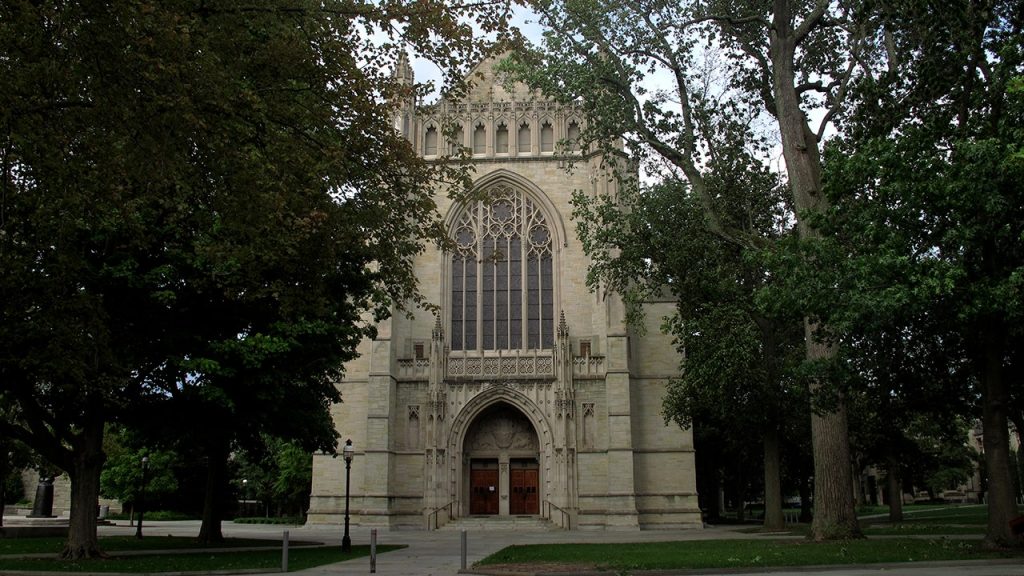Students at Princeton University recently ended a 10-day hunger strike organized by Princeton Divest Now, a student protest group calling for the university to divest from Israel due to the high civilian death toll in Gaza. The first wave of hunger strikers ended due to health concerns, but a second wave with seven new strikers has begun. The initial demands included meeting with students to discuss divestment from Israel and granting amnesty to participants of the peaceful sit-in, but the hunger strike ended without the demands being met.
An encampment protesting Israel’s military campaign against Hamas was set up on the Princeton campus, with faculty members also participating in a 24-hour hunger strike. The faculty’s solidarity fast was meant to show support for the Palestinian people in Gaza and the West Bank, who are facing difficult circumstances due to the conflict with Israel. However, the brevity of the faculty’s strike was mocked on social media, with some comparing it to intermittent fasting and questioning its effectiveness as a form of protest.
Despite the end of the hunger strike, the student protest group plans to hold another rally at Princeton on May 13. Critics have raised concerns about the presence of Hezbollah flags at the protest encampment, highlighting potential links to terrorism and antisemitism on campus. Jewish students have expressed discomfort with the protest and the university’s handling of the situation, calling for action to address the issues around the protest and ensure a safe environment for all students.
The hunger strike at Princeton University has sparked debate about the effectiveness of such protests in addressing complex political issues like the Israeli-Palestinian conflict. Some have questioned the impact of a short-term hunger strike as a form of activism, while others have expressed solidarity with the students’ efforts to raise awareness about the situation in Gaza. The ongoing tensions on campus suggest that more dialogue and engagement are needed to address the concerns of all students and faculty members.
Overall, the hunger strike at Princeton University has brought attention to the controversial issue of divestment from Israel and raised questions about the university’s stance on the conflict with Hamas. The involvement of students, faculty, and critics in the protest highlights the diverse perspectives and challenges surrounding this complex issue. Moving forward, it remains to be seen how the university will address the concerns raised by the protest group and work towards creating a more inclusive and respectful campus environment for all members of the community.













